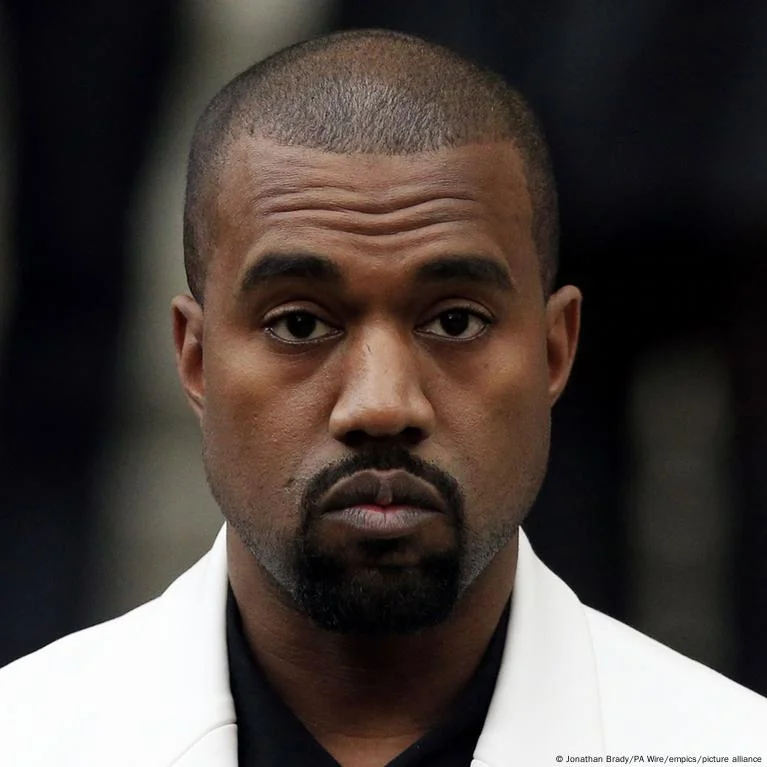
Kanye West’s ‘Heil Hitler’ Controversy: A Deep Dive into Music, Cancellation, and the Shifting Tides of Celebrity
The music world is currently grappling with a complex situation involving Kanye "Ye" West and, to a lesser extent, Arcade Fire. While seemingly disparate, both cases touch upon the themes of artistic freedom, the consequences of controversy, and the evolving landscape of "cancellation" in the digital age.
The most incendiary element of this situation revolves around Ye's latest single, "Heil Hitler," a track that includes the shocking lyric "All my niggas Nazis, nigga Heil Hitler" and even samples a Hitler speech. This move has sparked widespread outrage and confusion, solidifying Ye's self-proclaimed role as the "villain." While some cynical observers suggest this is a calculated attempt at provocation ahead of his upcoming album, Cuck, which includes similarly offensive titles, the damage has already been done. The track is not being streamed on services like Spotify or Apple Music.
Contrast this with Arcade Fire, a band once revered for their progressive ideals and anthemic sound. Lead singer Win Butler faced accusations of sexual exploitation and abuse in 2022, allegations he denies while admitting to past extramarital relationships and struggles with mental health and substance abuse. The band's new album, Pink Elephant, has been described as a downbeat and largely tuneless effort, seemingly an apology for Butler's behavior without the musical brilliance that defined their earlier work.
Despite the controversy, Arcade Fire continues to draw large crowds at their album preview shows, suggesting that many fans are either unaware of the allegations against Butler or willing to overlook them. Meanwhile, Ye, though no longer a mainstream figure, maintains a massive following on X (formerly Twitter), with many drawn to his controversial output. X is where the song has found its biggest audience, and had received more than 6.5 million views before NBC News reported it's prevalence on the platform.
The varying responses to Ye's song across different platforms highlight the fractured moderation landscape online. While Spotify and SoundCloud initially hosted the track before facing pressure to remove it, it continues to proliferate on platforms like X and Reddit, albeit with varying degrees of condemnation and celebration. Russell Brand, a controversial figure himself, even defended Ye's song, calling him "uncancellable" and arguing that his art facilitates difficult conversations.
The situation underscores that celebrity endorsements don't necessarily translate to political influence. It demonstrates that the power of social media platforms can be wielded to spread controversial content, and tests the boundaries of free speech versus hate speech online.
The cases of Ye and Butler raise important questions about the boundaries of artistic expression, the consequences of personal misconduct, and the possibility of redemption in the public eye. Is "cancellation" a permanent sentence, or can artists find a way to create genuinely meaningful work after facing controversy? Can extreme creative talent excuse, or at least mitigate, deeply problematic behavior?
What are your thoughts? Share your perspective in the comments below!